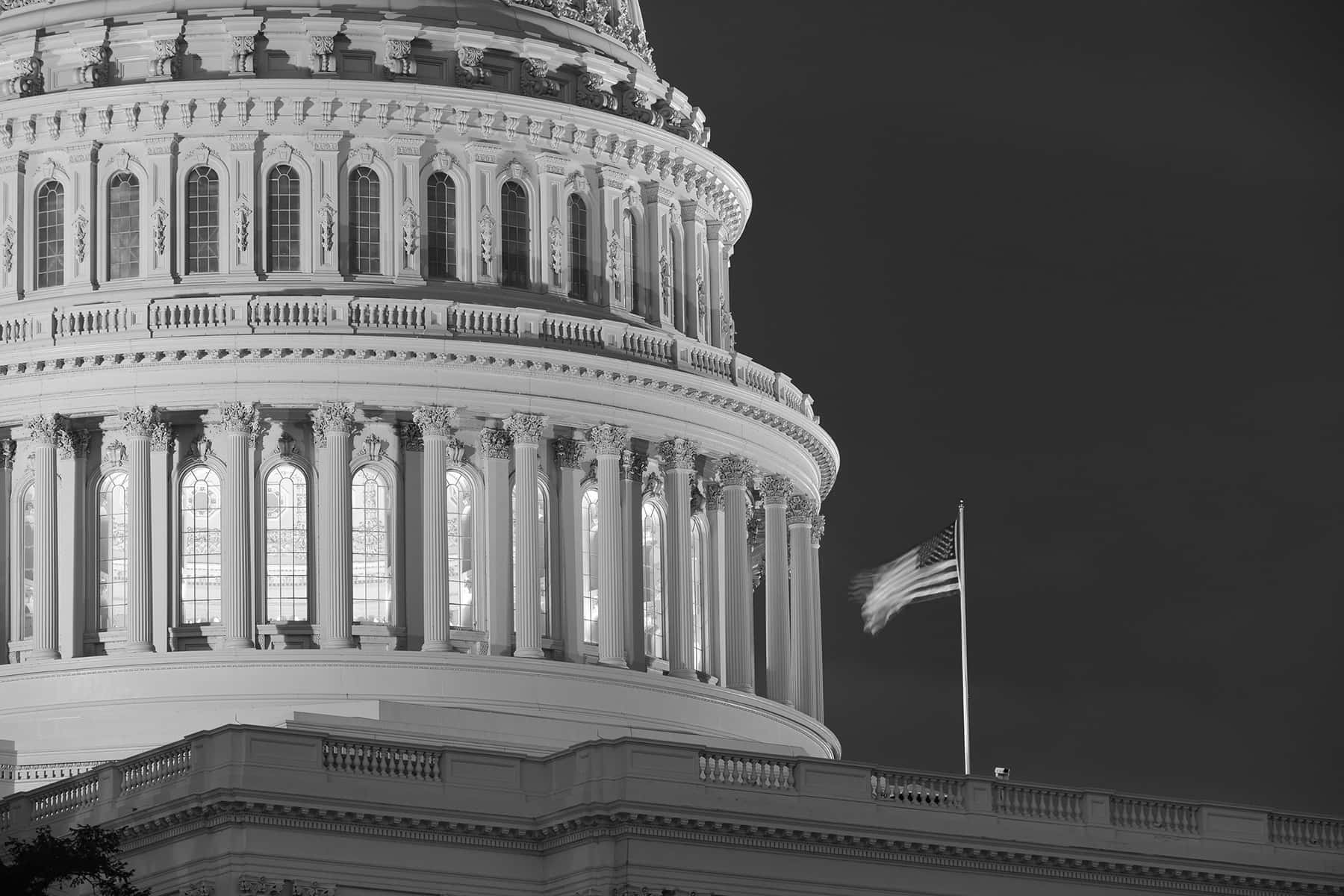
U.S. Senator Tammy Baldwin of Wisconsin joined her colleagues led by Senators Sherrod Brown, Cory Booker, and Kamala Harris to introduce a Senate Resolution on July 23 to declare racism a public health crisis.
In May 2019, Milwaukee County became the first municipality to pass a resolution declaring racism a public health crisis. The move was not inspired by a big event, but study after study showing economic inequality in the county was among the worst in the country.
“The coronavirus pandemic has laid bare health and economic disparities that have contributed to higher rates of coronavirus cases and deaths in communities of color,” said Senator Baldwin.
Racism runs through housing, education, jobs, and health. It is not like an acute traumatic event like a hurricane or an earthquake that know has a beginning, middle and end. And unlike a national disaster, a racism crisis does not trigger a flood of government funds. A direct result of systemic racism has created barriers to quality health care access, housing, jobs, livable wages and so much else contribute to stark health disparities for communities of color.
“COVID-19 has caused a public health crisis that is disproportionately impacting people of color. In fact, available data shows that African American and Latinx people are three times as likely to get sick with the virus; and nearly twice as likely to die,” said Senator Harris. “This resolution affirms Congress’ commitment to fully acknowledge and address racial inequities and injustice across all sectors.”
The coronavirus has proven especially lethal for those communities – the infection, hospitalization, and mortality rates are disproportionately high among Black, Latino, and AI/AN populations. National data show 22 percent of COVID-19 patients are Black, when Black people make up 13 percent of the U.S. population, and 33 percent of COVID-19 patients are Latino, when they make up just 18 percent of the U.S. population.
“For too long, communities of color have suffered disproportionately from countless illnesses and conditions, from maternal and infant mortality to now COVID-19,” said Senator Booker. “These health inequities are the direct result of centuries of racist policy that have disenfranchised, disinvested, and disrespected Black, Indigenous, and other communities of color. Declaring racism a public health crisis is a small, but necessary, step toward addressing the deep-rooted and systemic inequities that have created and continue to exacerbate unfair and unjust health outcomes and enabling us to finally move forward in creating a truly equitable health care system for all.”
The resolution also highlights the effects of systemic racism on the health and wellness of communities of color, resulting in shorter life expectancy, worsened health outcomes, and enhanced exposure to harmful or dangerous environments. The resolution encourages concrete action to address health disparities and inequity across all sectors in society.
“Systemic racism is a public health crisis and we must confront it in order to improve health outcomes for people of color in America, during this pandemic and beyond. I’m proud to join my colleagues on this important resolution and commit to taking concrete action to address the racial disparities that exist in our nation’s health care system,” added Senator Baldwin.
With a mission of transformative journalism, our staff is free from commercial bias and are not influenced by corporate interests, political affiliations, or a public preferences that rewards clicks with revenue. As an influential publication that provides Milwaukee with quality journalism, our award-winning photojournalism and features have helped to achieve a range of positive social impact that enriches our community. Please join our effort by entrusting us with your contribution. Your Support Matters - Donate Now















